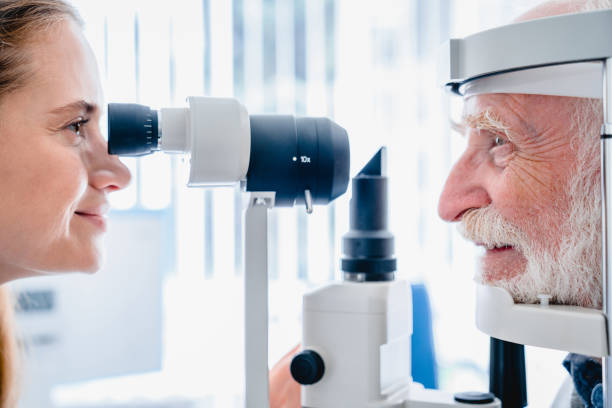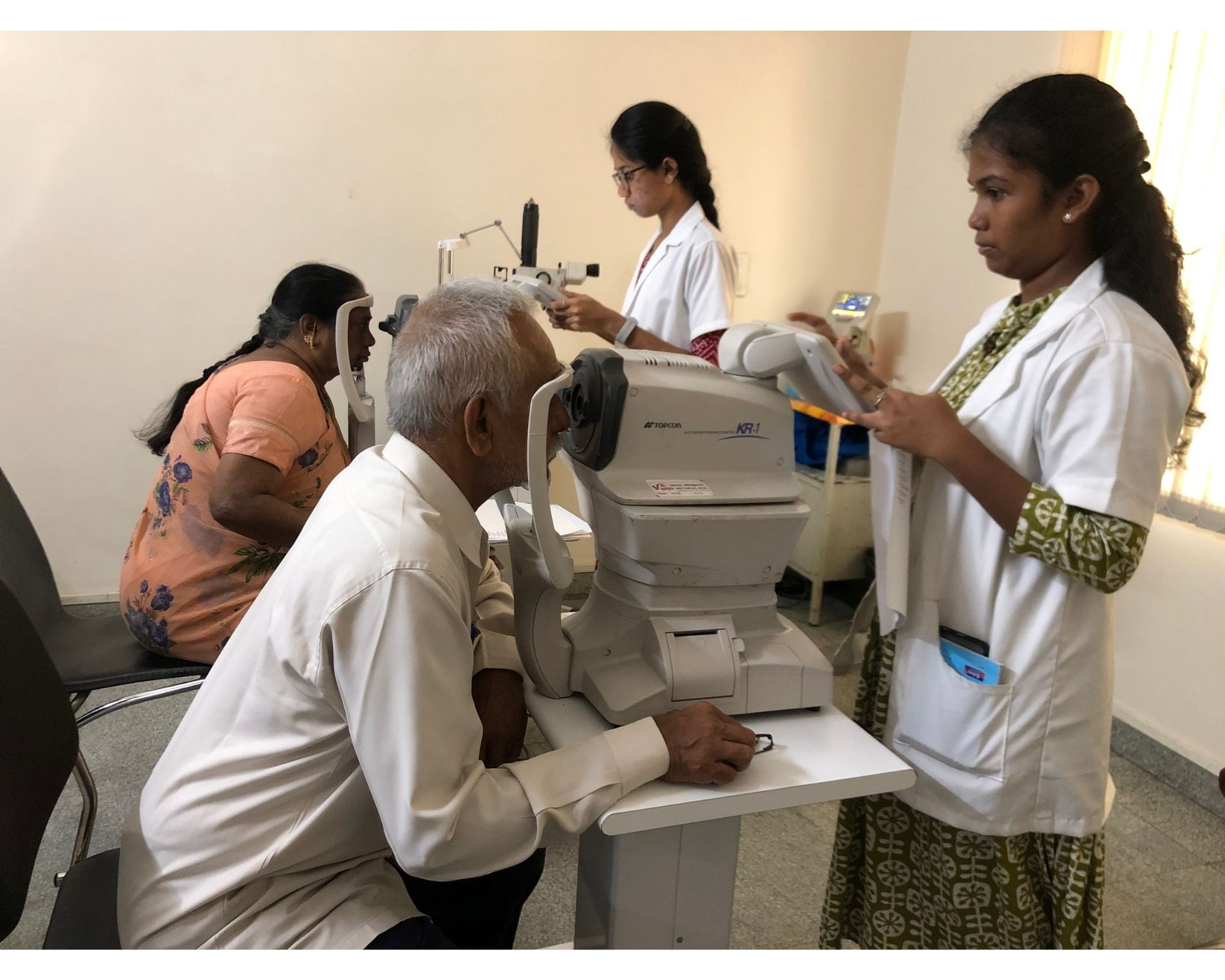Protecting Your Vision with Diabetes
Diabetes is a chronic condition that affects millions of people worldwide. Apart from its impact on blood sugar levels and overall health, diabetes can significantly affect vision if left unmanaged. In this article, we will explore the importance of diabetic eye care and how individuals with diabetes can protect their vision.





